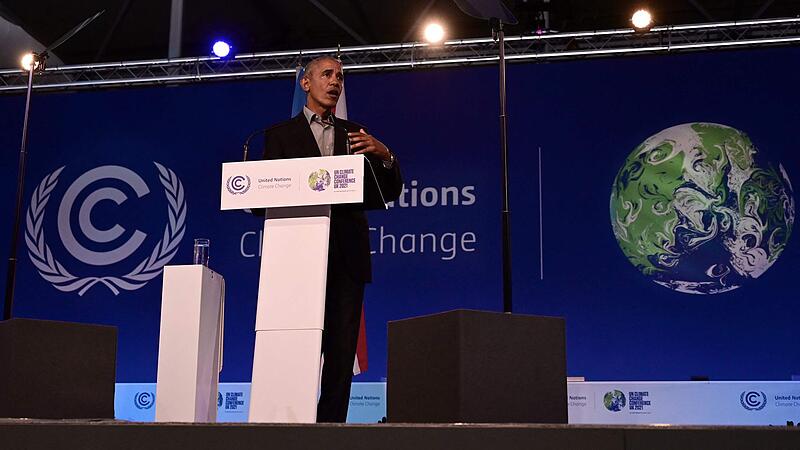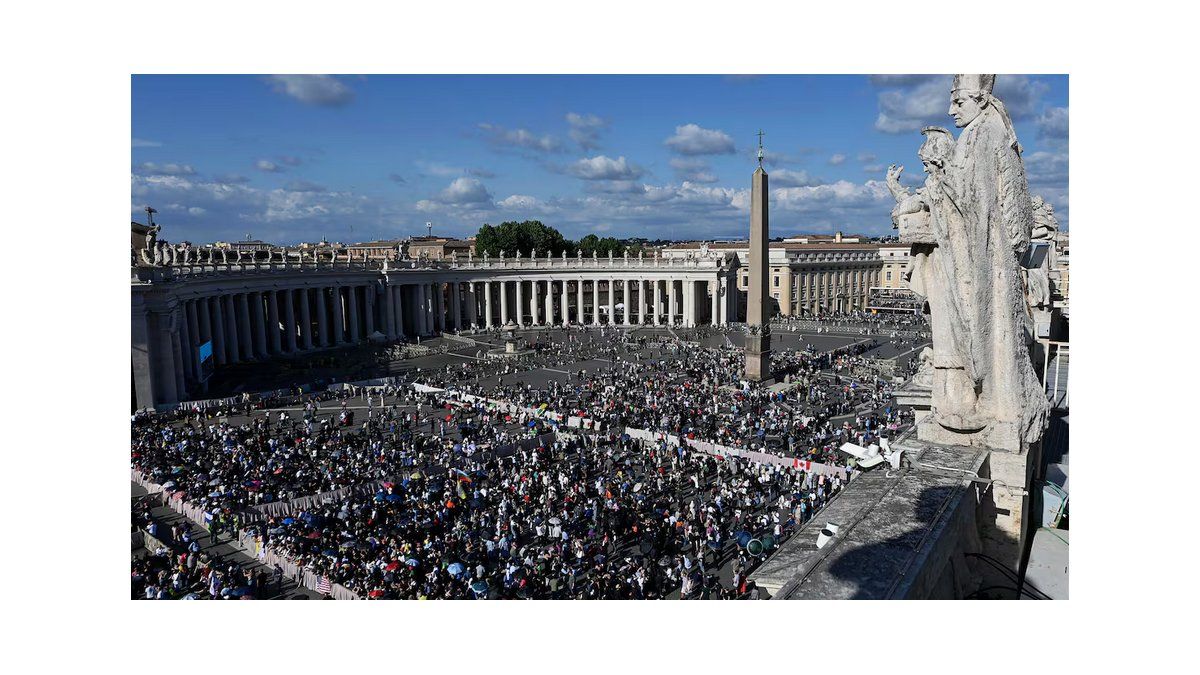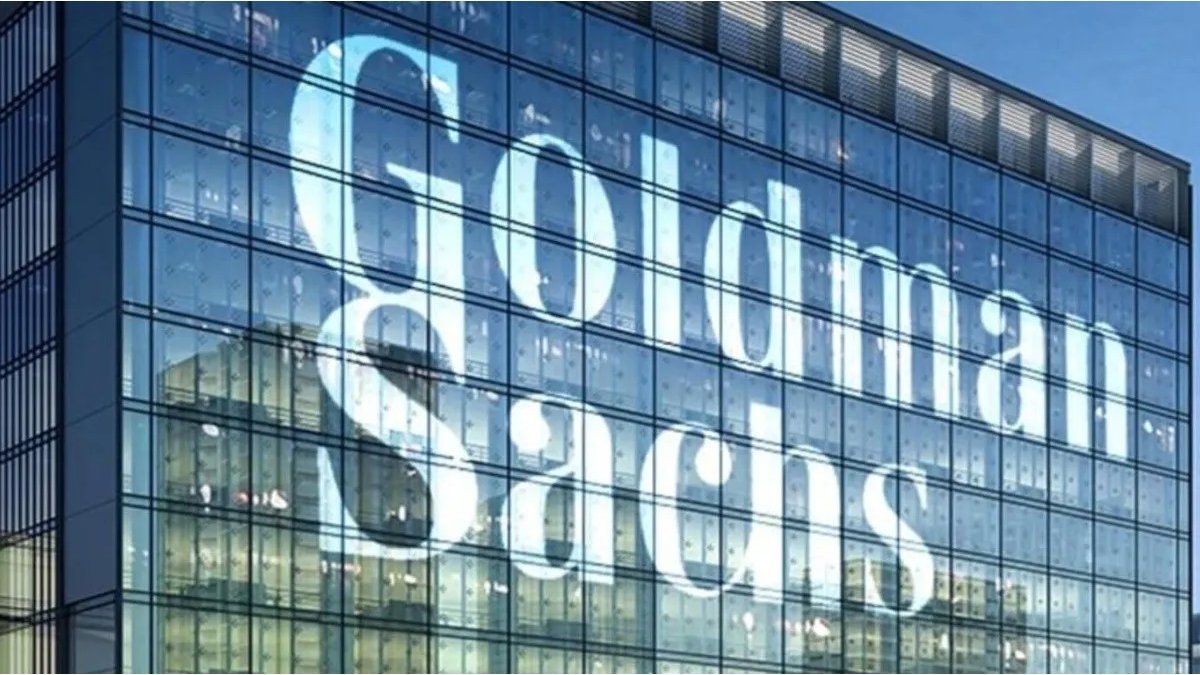“The world has to move – and now,” said Obama on Monday at COP26 in Glasgow. The world is not where it needs to be in the fight against the climate crisis. The second week began with negotiations at ministerial level, and Austria’s Environment Minister Leonore Gewessler (Greens) was also expected in Glasgow.
It is questionable whether decisive progress has been made against climate change at this year’s summit in the last few days: The first published bullet points for the final declaration met with bitter criticism from environmentalists. Greenpeace boss Jennifer Morgan described the previously known points as “extremely weak”. She expressed concern that the final statement would be even worse if the first draft didn’t even mention the coal phase-out. Often such final declarations are watered down rather than tightened in the last negotiations. Other observers also criticized the bullet points published by the UN Framework Convention on Climate Change as weak and vague.

View picture gallery
Criticism also came from the Austrian environmental organization Global 2000: They called the conference so far “whitewashing” and “greenwashing”. “Doubtful announcements of climate neutrality in the distant future must not replace concrete actions,” emphasized the organisation’s climate spokesman, Johannes Wahlmüller. Global 2000 sees “vague promises” in the currently defined climate targets and criticized the lack of robust concepts. Many states have “insufficiently defined long-term climate targets”, some would plan to increase emissions or purchase CO2 certificates.
The draft – called “non-paper” in the technical jargon of the summit – remains vague on many topics. There are no specifications for the phasing out of the internal combustion engine or final dates for phasing out coal, oil and gas – although the British host had declared “coal, cars, money and trees” to be the main priorities. COP President Alok Sharma defended himself: “The aim is to reach a consensus.” The draft is not something that, as a host, you dictate from above. UN climate chief Patricia Espinosa said she was hoping for “more ambition” in the discussions in the coming days.
A lot of work until Friday
The delegations from around 200 countries still have a lot of work to do by the targeted end on Friday. The declared aim is to limit global warming to 1.5 degrees within the physically possible range. So far, the plans are nowhere near enough. It is also unclear how progress should be monitored in a comparable manner and at what intervals the states are obliged to make improvements.
During the talks, there is a gap between the rich industrialized countries, which are responsible for a large part of the climate-damaging emissions, and the poorer countries, which are particularly hard hit by climate change. The latter demand concrete financial support for damage that has already occurred.
Developing countries are already paying the bill for a crisis that they did not cause, said Oxfam delegation leader Tracy Carty. The industrialized countries now have until Friday to show the people on the “frontline of climate change” that they will not be left alone.
Ekkehard Forberg, climate expert at World Vision, said: “It is clear that there must be a separate financial instrument for damage and loss – a fund that starts with 25 billion US dollars and then annually as required needs to be adjusted. ” He referred to studies according to which climate-related economic damage worldwide over the past 50 years has totaled 3.6 trillion dollars (about 3.125 trillion euros).
The demands, however, are met with resistance in the north. There are currently no plans to set up an extra fund for damage and losses, said Jürgen Zattler, who heads the climate protection department in the German development ministry. So far, the industrialized countries have only committed to paying for climate protection and adaptation to the consequences of climate change. Actually, 100 billion dollars a year have been flowing into poorer countries since 2020. In fact, this goal will probably only be achieved for the first time in 2023.
The German Secretary of State for the Environment, Jochen Flasbarth, campaigned for around 50 percent of the funds currently promised to be used for adaptation measures. So far it is only 25 percent. The Vice President of the EU Commission, Frans Timmermans, said: “Climate adaptation and climate protection are two sides of the same coin.”
The expectations of success in Glasgow are high. It was not until the weekend that tens of thousands in numerous cities took to the streets of frustration and hopes for a more ambitious climate policy. Obama warned the youth not to let up in their engagement. “I want you to stay angry! I want you to stay frustrated!” Said the 60-year-old. He knows from his own experience that governments need pressure.
Halfway through the conference, British Prime Minister Boris Johnson – host of the Scottish Summit – called for further commitments and more willingness to compromise. It is about the common goal set in Paris in 2015 to curb global warming to 1.5 degrees compared to pre-industrial times. According to the Intergovernmental Panel on Climate Change, emissions would have to have fallen by 45 percent this decade. The opposite is the case, however, even the updated climate protection plans of the 192 contracting parties let CO2 & Co. continue to rise.
Source From: Nachrichten




